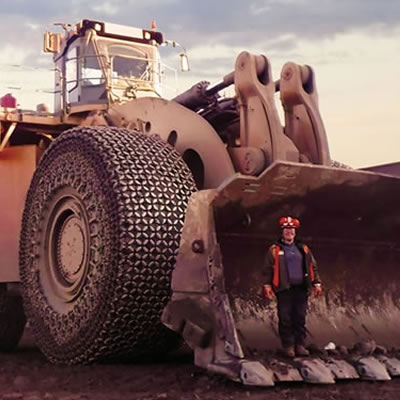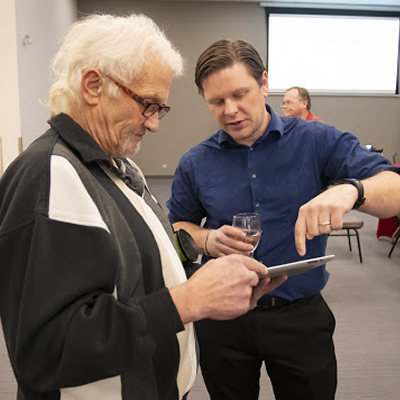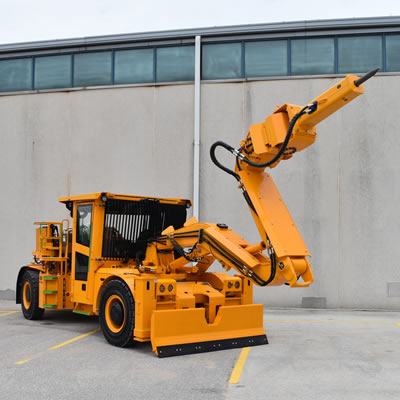Surrey Board of Trade supports Coal Transfer Facility at Fraser Surrey Docks

Anita Huberman, CEO, Surrey Board of Trade. The Surrey Board of Trade supports the expanded development of the existing operation of the Fraser Surre
Anita Huberman, CEO, Surrey Board of Trade.
The Surrey Board of Trade supports the expanded development of the existing operation of the Fraser Surrey Docks Coal Transfer Facility to increase economic development and job creation. The Surrey Board of Trade strongly encourages other stakeholders to support this industry development.
Fraser Surrey Docks (FSD) has been in business for over 50 years, and is the largest multi-purpose terminal on North America’s west coast, handling over 250 deep-sea vessels annually with millions of tonnes of cargo, while employing 230 direct, full-time jobs in Surrey and contributing to the 4,000 jobs supported by Port Metro Vancouver in the City of Surrey.
The project will transfer coal via Burlington Northern Santa Fe (BNSF) from the United States to barges at the facility, which will then be towed individually to a staging point off the mouth of the Fraser River, where they will be towed (in twos) to a storage and loading coal port on Texada Island in the Georgia Strait. The coal will then be loaded aboard deep-sea transporters for shipment to Asia.
Fraser Surrey Docks is seeking to grow its business and better utilize its capacity, contributing to the increased value of the Asia Pacific Gateway, to the growth of the economy of Surrey, the Lower Mainland, the Province of BC and Canada. It is currently operating below its capacity, and sees this as an important way to facilitate safe, efficient and environmentally sustainable ways to expand their offerings. This plan will see the train volume increase by only one train every other day in 2014 and once per day in 2015, well below the volume prior to the 2009/10 business down-turn. FSD, permitted to handle coal under its existing license, has applied for a permit to build a coal handling facility all within its current footprint of the of the FSD site. Here, it will receive full coal unit trains, unload them from bottom dump rail cars into fully enclosed shallow pits, directly transferring the coal via covered conveyor belts to waiting barges. There will be no coal storage on site under normal operations.
A top coating will be applied to the cargo in the rail cars, which has resulted in an 85 per cent reduction in dust. This will be applied to assist in dust mitigation and the prevention of combustion. The coal will be profiled into a bread-loaf shape to further reduce any wind impact on the cargo. Unloaded rail cars will be sprayed inside the unloading shed to clean any remaining dust before being returned to service.
When loading directly from train to barge, the coal is moved through a sealed system of water spraying systems to significantly reduce the potential for dust emissions. The water will then be captured, cleaned and reused in the cleaning system.
At the barge, an adjustable loading snorkel will reduce the coal drop height. The barge will have increased sidewalls. Coal will be loaded to a height below the sidewalls, low enough to minimize any wind loss. Further protocols will require the monitoring of weather, which in high wind conditions, can result in shutdown.
In addition there are protocols to minimize train, construction and operations noise and extensive plans for both incident prevention and emergency response.
Extensive professional reviews support FSD's stated expectations for the project, and the depth of experience of their management and staff inspires further confidence. The Surrey Board of Trade is satisfied that this initiative will function in a manner that meets all community standards and expectations, and therefore supports its implementation.




